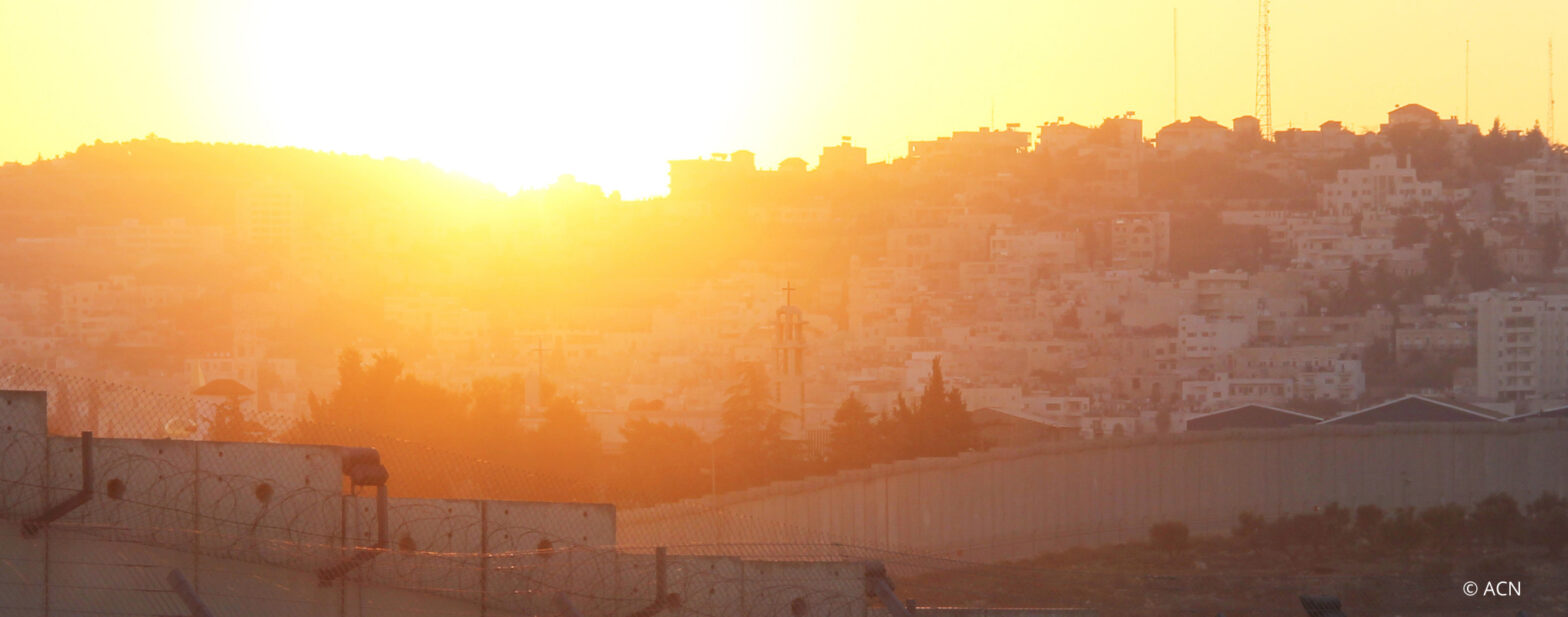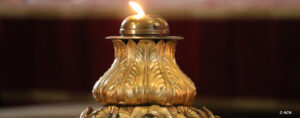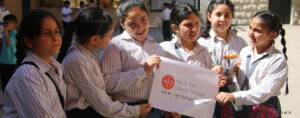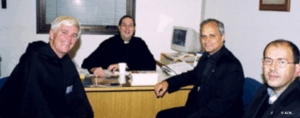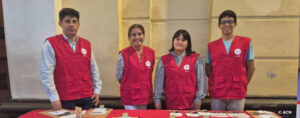Holy Land – Young Christians still reeling from October 7 attacks
The Israelis who feel they don’t belong
Many of the problems faced by Christians in the West Bank and Jerusalem spring from the fact that they are not entitled to Israeli citizenship. This is not the case for the Arabic-speaking Christians in the north of the country, who are Israeli nationals.
However, this does not mean there are not difficulties. “Israel is a very secular and individualistic society, with a lot of focus on material goods and on success,” says Bishop Rafic Nahra, the Latin patriarchal vicar for Israel (photo), who resides in Nazareth, Galilee.
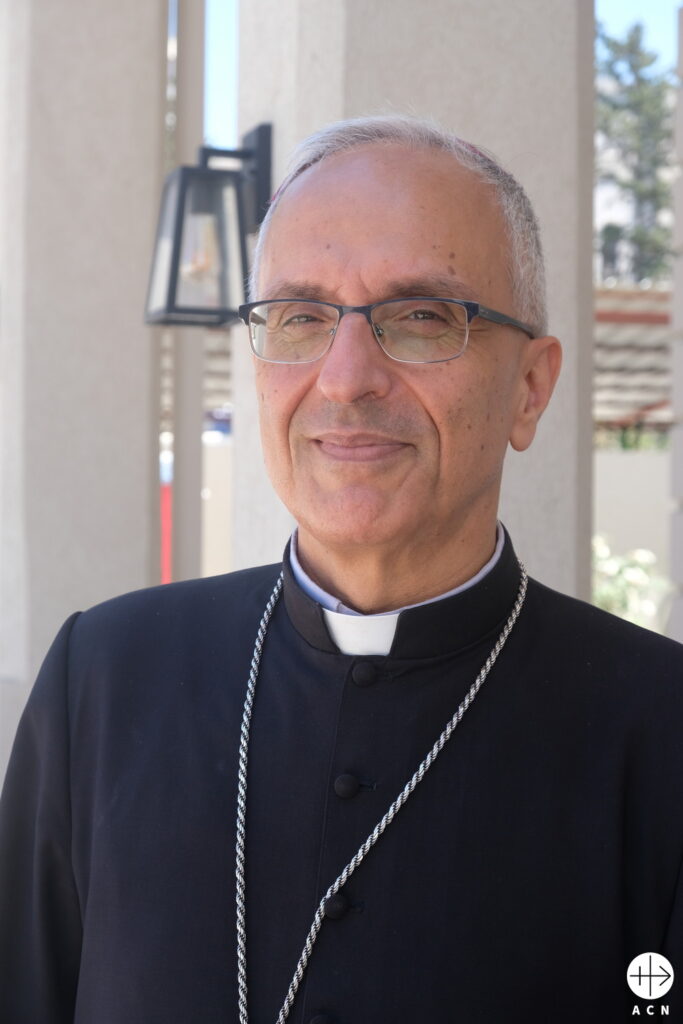
With support from ACN, the Church has been working hard to create a centre for young people, to accompany them and instill in them the values that society lacks. Fr. Ramez Twal, who leads the youth ministry in Haifa, explains that people were initially reluctant to attend events, but over time, the Church has won them over. “From 2022 to 2024, we attracted over 1,000 participants to our events, which is very good. Thanks to ACN, we have a course for leadership, communication, and conflict resolution—the first in Galilee.”
Fr. Jonny Abu Khalil was sent to Haifa to get the pastoral centre up and running and explains that there are also plans to build a restaurant and a guesthouse. “Some young people will not come to the conferences and courses, because they feel they don’t have the education; they feel ignorant in terms of faith. But if we have the restaurant, they will come, and if the priest is there, they will talk and ask questions. Having the guesthouse will also allow us to create jobs, for those who lost their jobs in the Israeli hotels after October 7.”
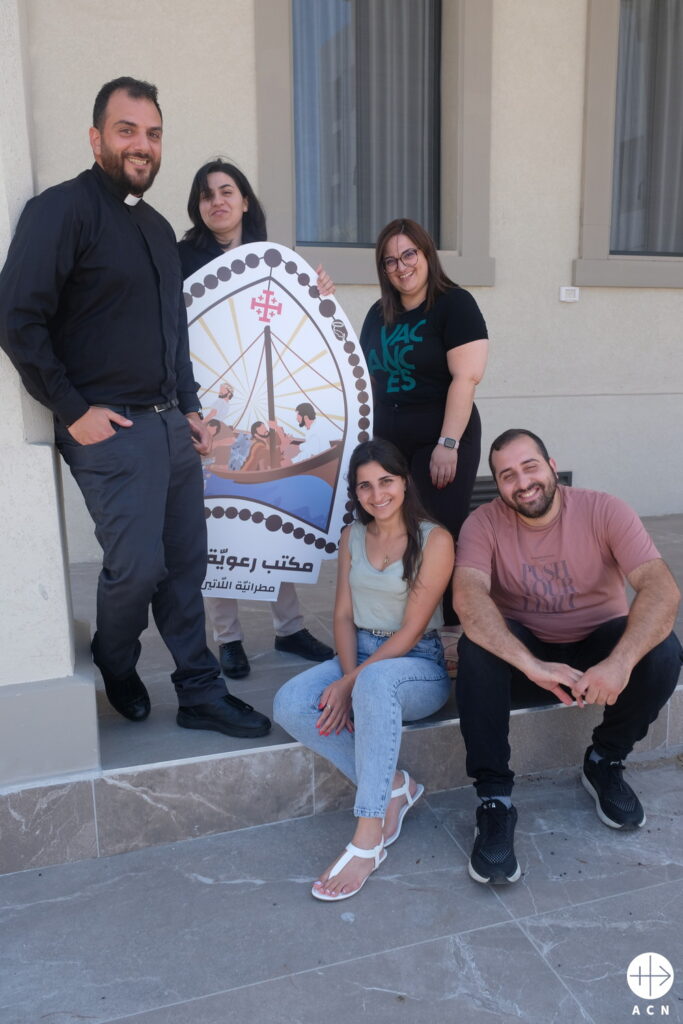
After October 7, many Arab Israelis who felt perfectly integrated into society suddenly found themselves viewed with suspicion. “The war sparked more separation and discrimination. Palestinians in Galilee used to feel like Israelis, but now they feel like second-class citizens. They need a place to strengthen their identity. Their Christian identity is weak, and their national identity is confused. They cannot say they are Palestinians, nor can they say they are Israelis after what happened,” Fr. Jonny says.
The identity crisis is a serious issue, Fr. Twal explains. “They are not seen as Israelis by the Jews, but they are also not seen as fully Palestinian by the Arabs in the West Bank. They mix Hebrew and Arabic in the same sentence and the people in the West Bank do not seem to recognize that they have different identities and challenges.”
The ones who feel they belong, but are not Israelis
If, for some, the problem is not feeling part of the country to which you belong to, for others the issue is not belonging to the country of which you feel part of.
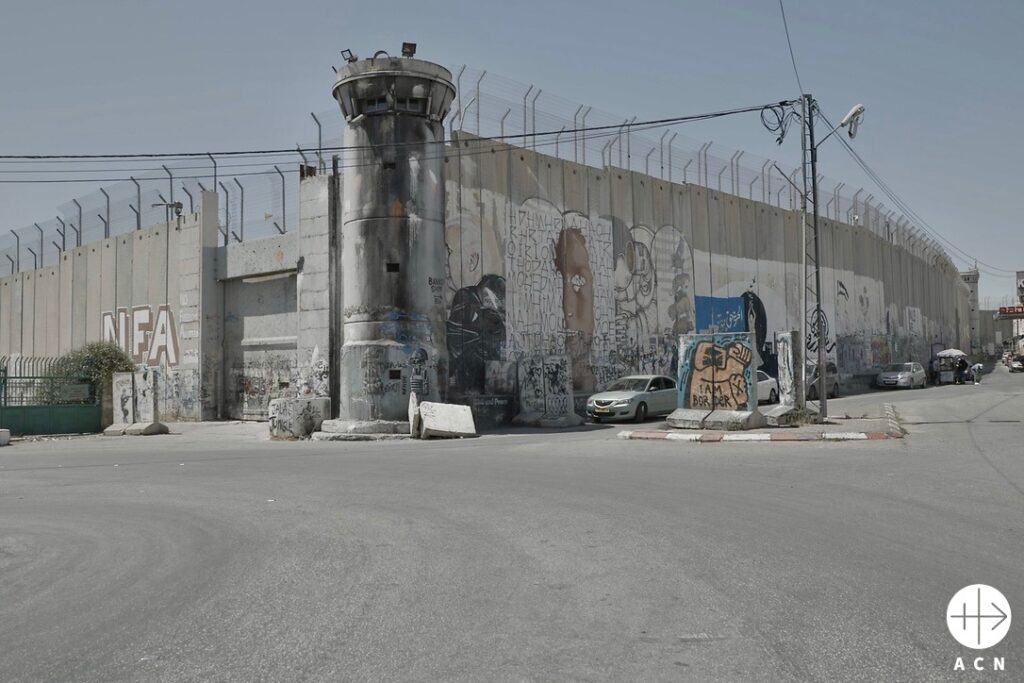
Israeli law is very restrictive about granting citizenship to non-Jewish foreigners, including those who were born in the country, such as the children of immigrants and asylum seekers, including many Christians. “Culturally, they are 100% Israeli. They speak Hebrew, they dress in the Israeli way, they listen to Israeli music, they support Israeli sports clubs,” says Fr. Piotr Zelazko, patriarchal vicar for the Saint James Vicariate, which cares for the small Hebrew-speaking Catholic community in Israel.
ACN visited Fr. Piotr at a summer camp for the children of migrants and asylum seekers, which is supported by the charity. These camps are crucial to keeping the young people firm in their faith, says Sister Gabriele Penka, the administrator of the vicariate. “They live in the Israeli-Jewish society, so it is very difficult for the young people to stick to their Christian identity, keep the faith, and remain members of the Catholic community.
For the first time, we have young people aged 18 who do not have a legal status. It has happened in the past that Israel grants them permanent residency, so they can then do their military service, like other Israelis, but at the moment, this is not possible, so we are trying to see what options these young people have for their future. There is still a risk that they could be rounded up and deported,” Sister Gabriele explains.
Fr. Piotr describes how the children are always alert to the possibility of raids by the immigration authorities. “These usually happen during the holidays, because when they are at school, their Israeli friends and teachers defend them. But in the summer, you can get rid of the children, so they disappear, and there is nobody to protest,” he says.
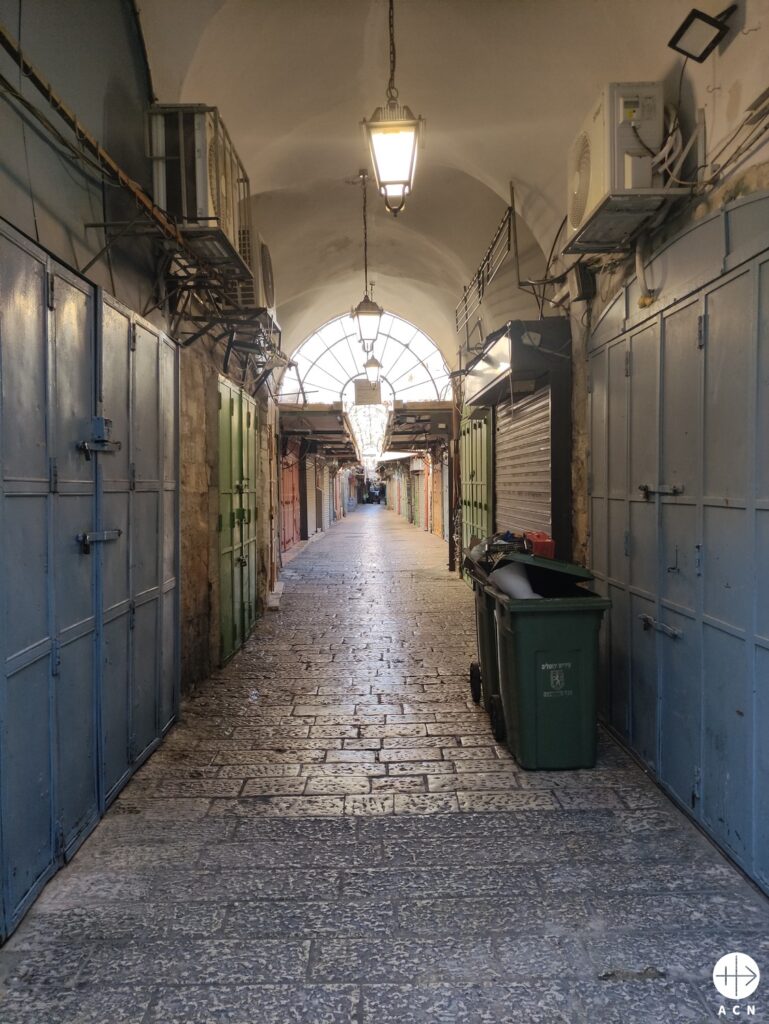
In the past, the Israeli government has allowed children of immigrants to enter the army, in return for citizenship. “When the war started, we thought the government would conclude that it needs them, but no. It is more important for some politicians to ‘keep Israel pure.’ They really use this language. It is painful to hear,” says Fr. Piotr.
Aid to the Church in Need (ACN) increased its support for Christians in the Holy Land after the October 7 attacks and the beginning of the war. Knowing that without young people, there will be no future for the Christian community in the land of Jesus, the pontifical charity has prioritized supporting initiatives that help give hope to this population, through education and job creation, or simply by helping to strengthen their identity through faith formation.
Read the 1st part by clicking on this link:

